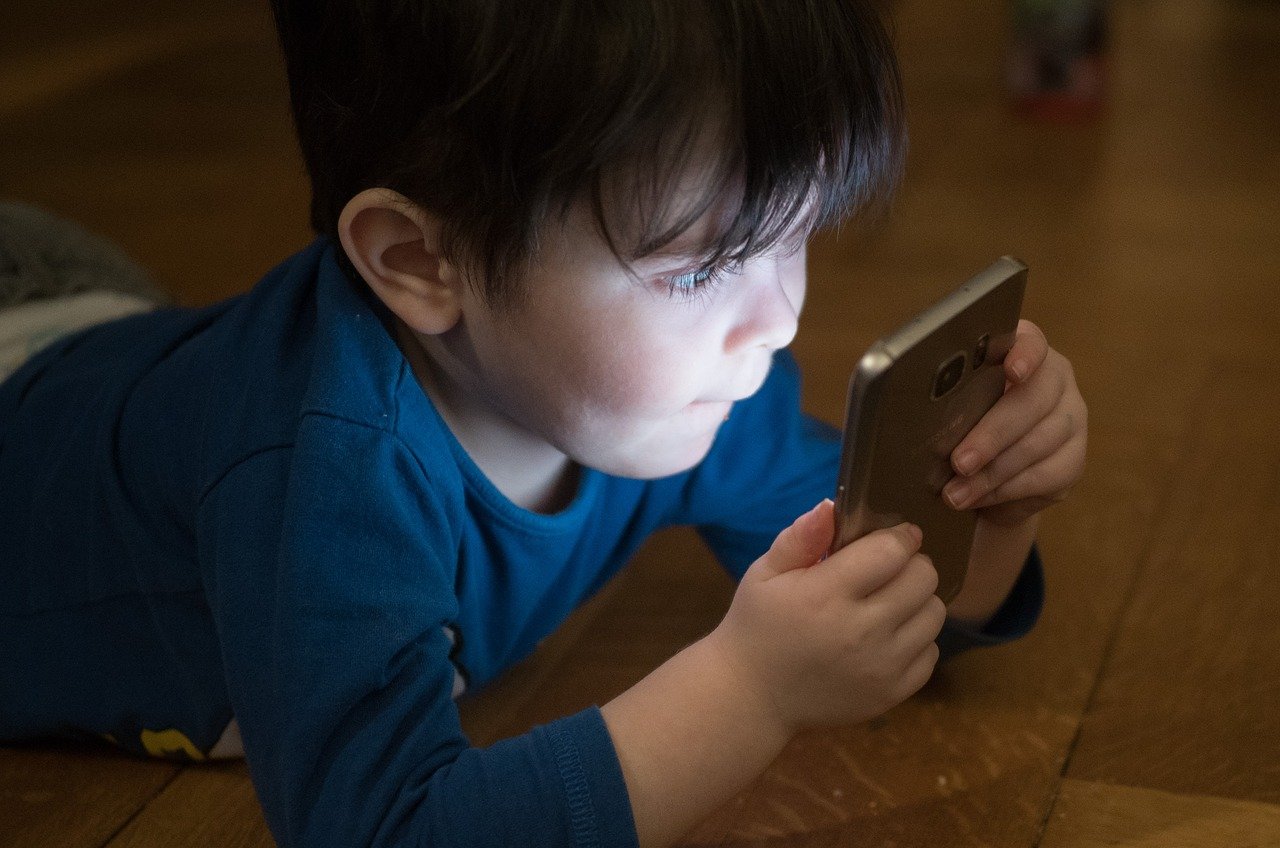International Women’s Day is almost upon us and the theme this year is #BreakTheBias. The goal is to break down gender stereotypes and inherent biases in our everyday lives, whether in the workplace, school, or our home lives.
If you have children, International Women’s Day offers a great opportunity to help them understand the importance of equality. It can be a chance to encourage them to challenge unhelpful gender stereotypes too.
Here, we cover how you can teach your children about feminism and equality in a fun way on International Women’s Day.
Dissect your children’s favourite books and films
Sometimes, our children want nothing more than to sit back and relax in their kids’ pyjamas to watch their favourite movie or read a beloved book (or have one read to them by a parent). A lot of the media our kids consume is passed down from us as we share our love of Cinderella or Peter Rabbit with our little ones.
If your children love a movie that depicts some outdated notions, this is a great opportunity to discuss gender stereotypes with them. There’s nothing wrong with loving a classic Disney princess movie, but the damsel-in-distress theme is problematic. It’s important for children – especially little girls – to challenge gender stereotypes and understand that nothing should hold them back from their dreams. More recent versions of Disney classics have incorporated feminist themes in their princesses, like the 2017 live-action Beauty and the Beast.
Movies or books with more empowering messages for young girls, like Mulan or the Harry Potter series, are also a great topic of discussion. They can show your children a world beyond gender stereotypes and give them positive role models.
Talk about your favourite role models
With a more inclusive society comes better gender representation. We now see more women in sports coverage, in the upper echelons of business, and male-dominated industries. And while areas like this can still have a gender imbalance, these role models are an important step in the right direction.
If you admire Ada Lovelace for breaking down gender stereotypes in her mathematical studies or her early role in computer programming, why not take this opportunity to educate your daughter? Any role model works – it could be a woman in business, sport, or even your favourite singer. You might respect them because they’re representing women in male-dominated spaces, or you might love the passion they’ve shown when embracing traditionally feminine roles like stay-at-home mums. Encouraging children – both girls and boys – to have female role models is important. Little girls can see aspirational figures, while it can help young boys view women positively.
Girls in particular benefit from female role models, and there’s evidence that improved representation matters. In a world of negative gender biases, representation allows young girls to see that anything is possible.
Express yourselves through crafts
Arts and crafts might be seen as typically feminine hobbies, but it doesn’t make them any less enjoyable, important, or fulfilling. In fact, art and creativity are critical to children’s development. Creative opportunities not only stimulate our kids’ imagination and curiosity, but they can also help them to develop their communication skills.
Alongside breaking down gender biases, it’s also good to challenge stereotypes around traditionally feminine activities. The arts sector is the fastest growing in the UK in terms of employment. So not only is this a valuable and fulfilling hobby, but it can also lead to a rewarding career when your kids grow up.
Break out those paintbrushes and coloured pens and get your kids to engage in some educational arts. Encourage your children to create art that expresses how they view femininity or undertake projects that allow them to address inherent gender biases. If you ask them to draw a police officer, a scientist, or a footballer do they only draw men? If so, you can use this as an opportunity to teach them that these roles aren’t limited by gender. Equally, if they paint a nurse and it’s a woman, teach them that jobs considered traditionally female aren’t always done by women. Similarly, you can challenge their creativity further by asking them to learn how to draw a dragon, which might traditionally be seen as a ‘masculine’ subject, and discuss how both boys and girls can enjoy and excel in the fantasy and adventure genres.
We’re moving towards a world that’s equal for all genders, but there’s still a lot of progress to be made. Gender biases are learned from a young age and it’s important to address these with your children. Little girls should be unhindered by gender stereotypes and biases, and little boys should grow up respecting women. International Women’s Day gives us a great opportunity to explore themes of equality and gender stereotypes with our children – how will you spend it?
Sources
https://www.internationalwomensday.com/Theme
https://www.mckinsey.com/featured-insights/diversity-and-inclusion/women-in-the-workplace







